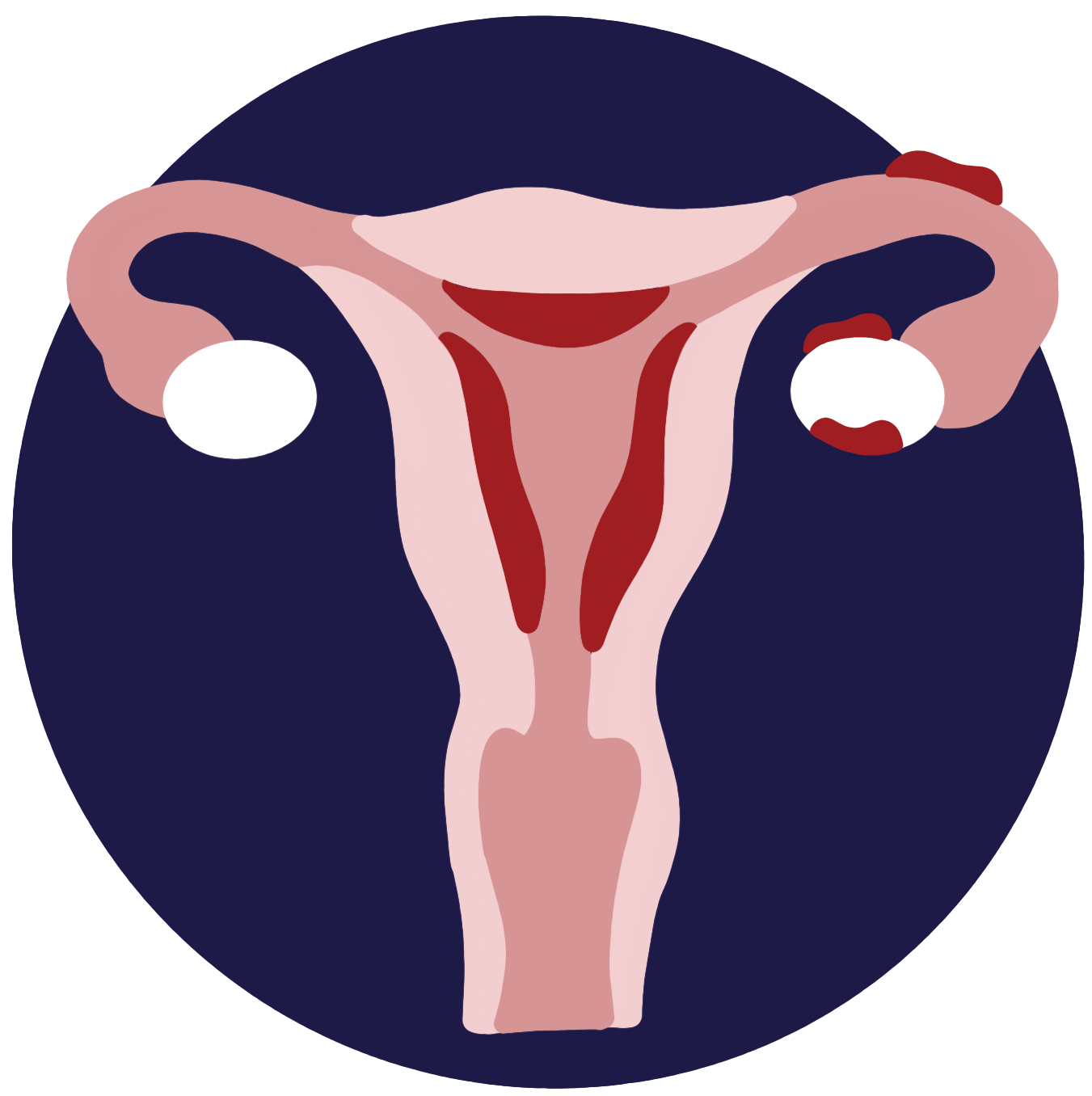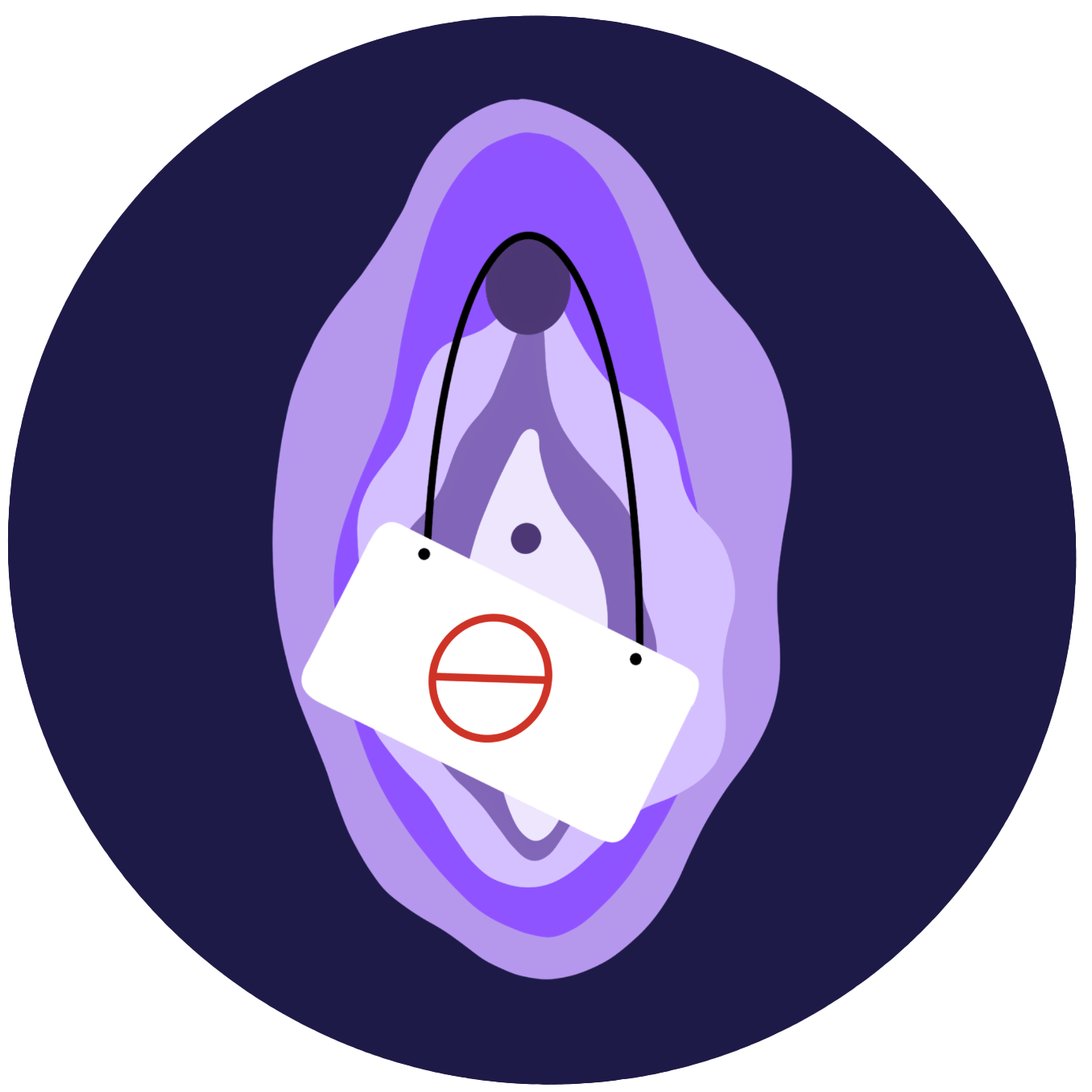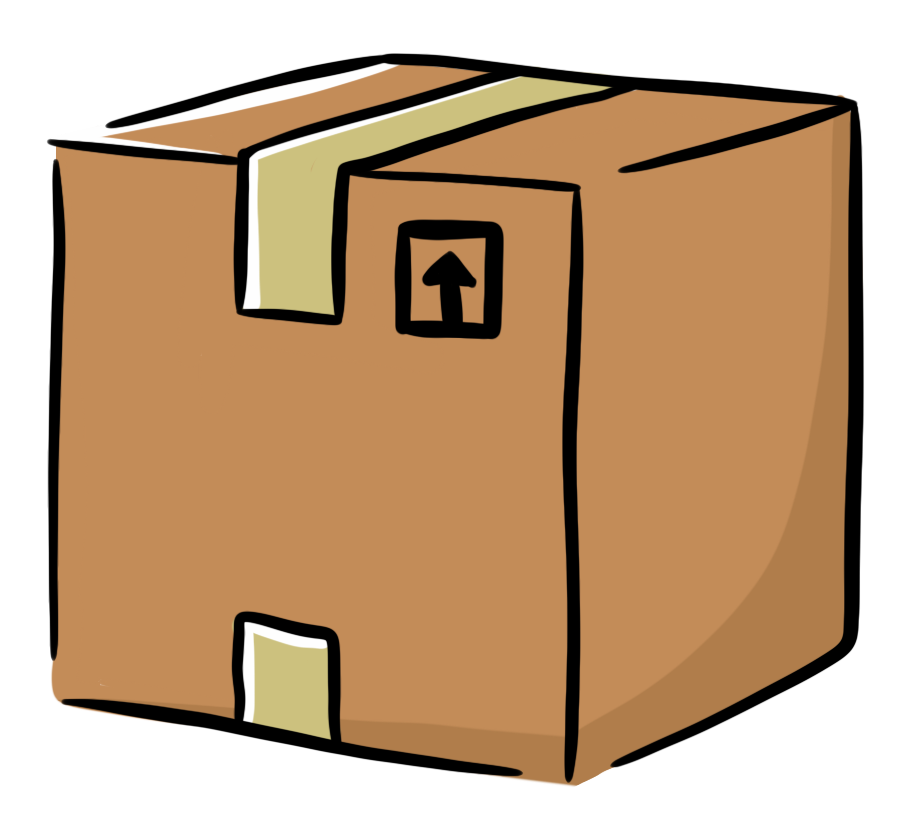What Is PCOS?
PCOS (Polycystic Ovary Syndrome) is a common condition (roughly 1 in 10) that affects how someone’s ovaries work. The three main symptoms of PCOS are as follows:
- Excess Androgen – high levels of the ‘male’ hormone, which can cause excess facial, bum, chest or buck.
- Irregular periods.
- Polycystic ovaries – this is when your ovaries become enlarged and contain fluid-filled sacs that surround the eggs.
- Difficulty getting pregnant as a result of irregular periods (ovulation).
- Weight gain.
- Thinning hair on the head.
- Oily skin and sometimes Acne.
Despite the name, someone with PCOS doesn’t actually have cysts.
What Causes PCOS?
The exact cause of PCSO is still not known but it often runs in families. It’s related to abnormal hormone levels in the body including high levels of insulin.
Many of those with PCOS are resistant to insulin, so have to produce higher levels to make up for this.
Being overweight unfortunately increases the amount of insulin your body produces and can worsen the PCOS.
Treating PCOS
There is no cure for PCOS, but symptoms can be managed and things can be done to reduce the effects.
Losing weight and eating a balanced diet.
This can be a pain to hear, as doctors seem to say this for every condition, but it helps with PCOS symptoms!
Medications
There are certain medications available to help manage the excess hair and irregular periods along with fertility problems. Make sure you speak to your GP.
LOD
Laparoscopic ovarian drilling (LOD) is a simple procedure that can be done to help with fertility issues – usually if the medications aren’t working. They simply laser away the tissue on the ovaries that is producing testosterone.
With treatment, many people with PCOS will fall pregnant!








